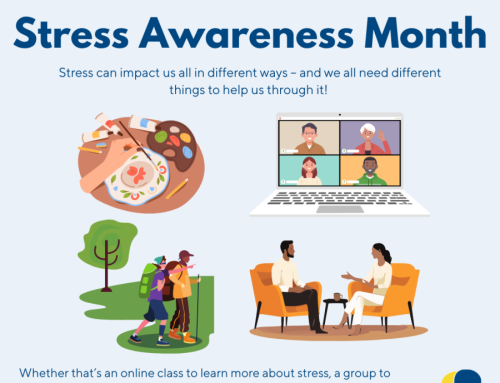Alcohol and Me
Some people like to enjoy a glass of wine, beer or gin and tonic after a busy day at work, on a night out or for a special occasion. Drinking can be an escape to help forget the issues you may be facing in your life or it can be used to simply unwind and relax. The Chief Medical Officer suggests that you stay within the recommended weekly guidelines of no more than 14 units (equivalent to 6 pints of beer, 6 125ml glasses of wine or 14 shots of whiskey). So when does the amount you drink become a problem? How much is too much?
Knowing how much is too much can be difficult as most people would say they know when they have overdone it. But drinking isn’t about the amount you consume in one go, it is about the relationship you have with drink and how that affects your life.
According to the NHS in England in 2017 there were 5,843 alcohol specific deaths, with 78% of them between the ages 40 and 69.[1] With an estimated 589, 101 dependant drinkers in England[2], alcohol is one of the many problems facing us today.
How can alcohol affect me?
Alcohol is a sedative that alters the chemicals in your brain mostly associated with inhibition. The initial ‘good’ feeling is often replaced by a negative emotion such as anxiety with the more alcohol you consume. Alcohol is often used as a coping mechanism to help manage stress, depression and anxiety amongst other things. In reality alcohol is one of the biggest causes of depression and anxiety. Rather than reducing the symptoms it can significantly increase them.
Alcohol can affect our inhibitions and cause us to consider self-harm or suicide as it increases the complexity of our feelings. This can often be worse as alcohol can give you a ‘numb’ feeling.
Alcohol can also affect your sleep causing you to wake up more frequently or toss and turn interrupting the depth of sleep you have. This can leave you feeling tired and down the following day, making you more irritable. As well as affecting your mental health, alcohol can have an effect on your physical health. Alcohol related diseases include diabetes, heart disease, cancer and liver damage.
Alcohol can also affect relationships with family and friends, as well as impacting on your performance at work. According to Alcohol Change UK, lost productivity due to alcohol costs the UK economy more than £7 billion each year[3].
What can you do to reduce the amount of alcohol you drink?
The first step to doing anything is admitting that you have a problem. As hard as it is sometimes to admit our feelings or that we have a problem, by doing so it can help you to work towards your recovery. Knowing more about how much you drink, why you drink and how often can help to understand more about you. You can then use this to decide which support is right for you to aide in your recovery. Make sure you set realistic, achievable goals so that you have a sustainable approach to reducing your alcohol intake. By starting small you can then work to ease the dependence on alcohol.
Some quick tips are: try exercise to alleviate stress, breathing exercises to relax and calm anxiety, most importantly talk to someone. Talking to someone about your worries can help to solve some of the issues you are facing.
So during this Alcohol Awareness Week, make a pledge to talk to someone, to reduce the amount you drink or to quit altogether for a month. Whatever, you do big or small – don’t do it alone. Go to your GP as they can give you lots of help and resources to assist in reducing your alcohol intake. Contact one of the alcohol awareness charities below for further information and support.
Why not let us know what you are doing to raise awareness this week, by commenting on our Twitter, Facebook or Instagram pages.
Alcohol Awareness Charities:
NHS – contact your GP or contact 101
Drinkline – 0300 123 1100 (9am – 8pm weekdays, 11am – 4pm weekends)
Alcoholics Anonymous – 0800 9177 650
Drinkaware – www.drinkaware.co.uk
Alcohol Change UK – www.alcoholchange.org.uk
[1] NHS Website – https://digital.nhs.uk/data-and-information/publications/statistical/statistics-on-alcohol/2019
[2] Alcohol Change UK – https://alcoholchange.org.uk/alcohol-facts/fact-sheets/alcohol-statistics
[3] Alcohol Change UK – https://alcoholchange.org.uk/alcohol-facts/fact-sheets/alcohol-in-the-workplace





